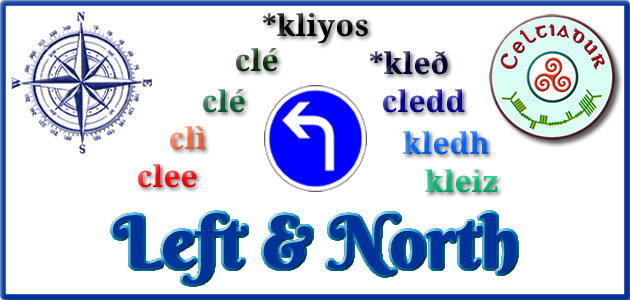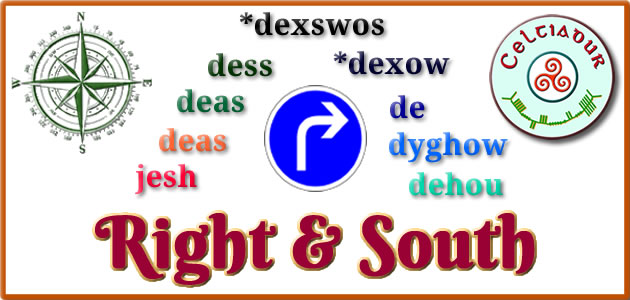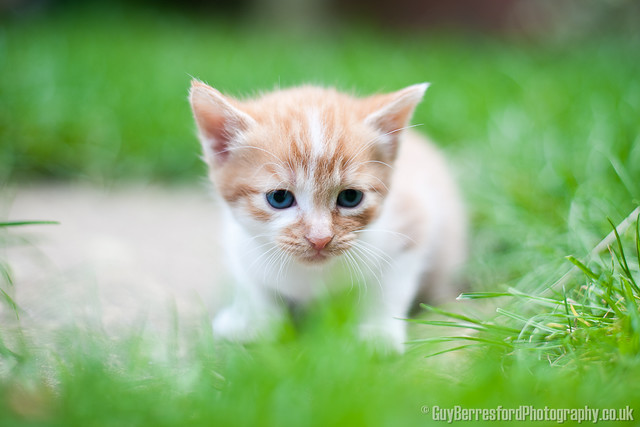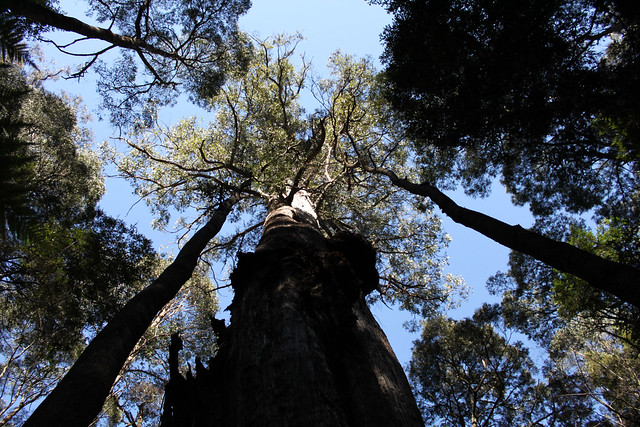Words for good and related things in Celtic languages.

| Proto-Celtic | *matis = good |
|---|---|
| Old Irish (Goídelc) | maith [maθʲ] = good maithe = goodness |
| Middle Irish (Gaoidhealg) | maith, maid = good, profiable, excellent, fitness, proficiency, wealth |
| Irish (Gaeilge) | maith [mˠa(h) / mˠaɪ(h)] = good; goodness, kindness; good things; fertility maithe = goodness, good maitheamh = forgiveness, pardon, abatement, remission maitheas = goodness, good, good thing, kindness, gift maitheasach = good, useful, kind, obliging maitheasaí = good worker maithiúnas = forgiveness, pardon |
| Scottish Gaelic (Gàidhlig) | math [mah] = good, well maitheadh = forgiving, pardoning maitheas = goodness maitheanas = forgiveness, pardon maitheamhnas = forgiveness |
| Manx (Gaelg) | mie [maɪ] = good, nice, moral, fair, pious, ready, goodness, favourable, virtuous, virtue, goodly mienys = favourableness, good, goodness |
| Proto-Brythonic | *mad = good |
| Middle Welsh (Kymraec) | mad, mat [maːd] = fortunate, lucky, good, etc matweith, madwaith = good work, goodness |
| Welsh (Cymraeg) | mad [maːd] = fortunate, lucky, auspicious, happy, suitable, proper, good, beneficial, holy, fair, pleasant, beautiful, goodness, fairness, benefit, good deed, kindness madedd = goodness, generosity, bounteousness madog = good man, good, just, righteous madol = fair, good, beneficial madwaith = good work, goodness madwr = benefactor, patron |
| Old Cornish | mad = good |
| Middle Cornish (Cernewec) | mas, mat, mâs, mâd = good, beneficial |
| Cornish (Kernewek) | mas [ma:z / mæ:z] = good, respectable, moral, virtuous maseth = morality |
| Old Breton | mat = good |
| Middle Breton (Brezonec) | mat, mad = good |
| Breton (Brezhoneg) | mat, mad [mɑːt/maːd] = good, good product, moral, well (done), sweet madek = wealthy, gentle, soft madelezh = kindness, benevolence madelezhus = beneficent, generous madig = sweet, bonbon madoberer = benefactor, patron mataat = to improve, moralize demat [deˈmɑːt] = hello, good day demata = to greet, say hello peurvat [ˈpør.vat] = perfect |
Etymology: from Proto-Indo-European *meh₂tis (ripe, good), from *meh₂- (to ripen, to mature) [source].
Words from the same roots include demure and mature in English, matin (morning) and mûr (mature, ripe) in French, and , mañana (tomorrow, soon, morning) and maduro (mature, ripe) in Spanish [source].
| Proto-Celtic | *dagos = good |
|---|---|
| Gaulish | dagos = good |
| Old Irish (Goídelc) | dag- = good |
| Middle Irish (Gaoidhealg) | dag = good, well |
| Irish (Gaeilge) | dea- [dʲa/ dʲeː] = good, well dea-bhéasach = well-mannered, well-behaved dea-chruthach = well-shaped, shapely, handsome dea-dhéanta = well-made, of good figure, physique |
| Scottish Gaelic (Gàidhlig) | deagh [dʲoː] = good, fine, nice, pretty, rather well deagh-rùn = good intention deagh-aithnichte = well-known deagh-chliù = good reputation, fame deagh-spiorad = good spirit deagh-ghean = goodwill, benevolence |
| Proto-Brythonic | *daɣ = good |
| Middle Welsh (Kymraec) | dá, da = good, beneficial, acceptable, suitable, useful daeoni, dayoni, daioni = goodness, uprightness, graciousness, kindness, bravery daionvs, daionus, dayonus = good, beneficial, bountiful, kind, loving, gracious |
| Welsh (Cymraeg) | da [daː] = good, beneficial, acceptable, suitable, useful daeder = goodness, quality, of goodness daionedd = goodness, benefit daioni = goodness, uprightness, graciousness, kindness, bravery daionus = good, beneficial, bountiful, kind, loving, gracious daionusrwydd = goodness daionuster = goodness, beneficence, benefit |
| Middle Cornish (Cernewec) | da = good dader = goodness, excellence |
| Cornish (Kernewek) | da [da:] = good da lowr = alright, mediocre, OK, passable da-ober = good deed dader = goodness mellyer/melyores dader = do-gooder |
| Old Breton | da = good |
| Middle Breton (Brezonec) | da = good |
| Breton (Brezhoneg) | da [da] = pleasant, agreeable, satifactory; good (archaic) |
Etymology: related to the Proto-Indo-European *déḱos (that which is proper), from *deḱ- (to take, perceive) [source].
Words from the same roots include dech (best) in Old Irish and dainty, decent, decor, dignity, docile doctor and dogma in English [source].
Words marked with a * are reconstructions.
Sources: Wiktionary, Am Faclair Beag, Online Manx Dictionary, Teanglann.ie, eDIL – Electronic Dictionary of the Irish Language, In Dúil Bélrai English – Old Irish glossary, Geiriadur Prifysgol Cymru, Gerlyver Kernewek, Gerlyvyr Cernewec, Lexicon Cornu-britannicum: A Dictionary of the Ancient Celtic Language of Cornwall, Dictionaire Favereau, TermOfis, Le dictionnaire diachronique du breton, Geriafurch, English – ProtoCeltic WordList (PDF), Etymological Dictionary Of Proto Celtic



![NORE LINEAR PARK IN KILKENNY CITY TUESDAY 10 MAY 2016 [THE WEATHER WAS VERY WET AND HAZY]-115697](https://live.staticflickr.com/7252/26956922875_8c4fa16399_z.jpg)






